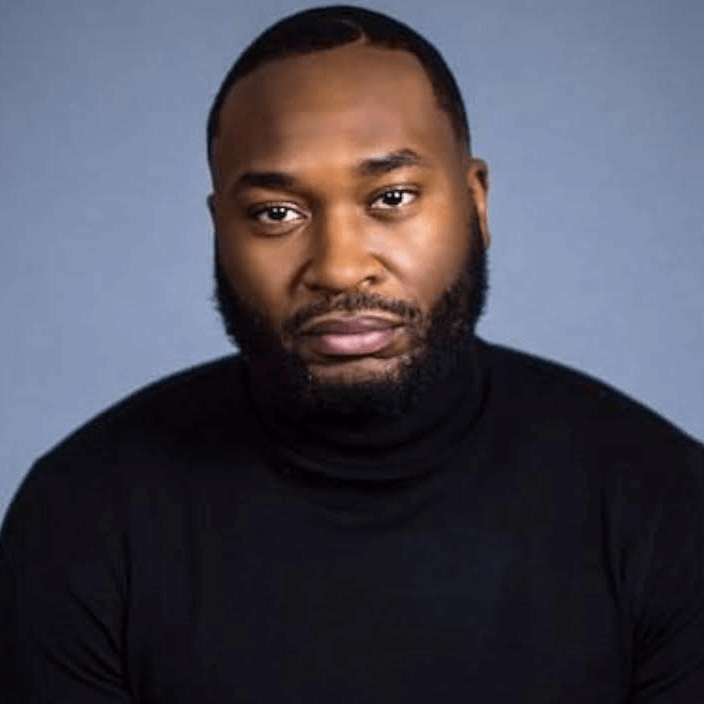Am I smart enough? Am I qualified to be here? Am I too young? Am I too old?
Will I be able to keep up? Do I deserve to be here? I’m significantly different from my fellow colleagues, will that be to my benefit or detriment? I’m the only POC within my cohort, should I be concerned?
Will I graduate on time? During the orientation, they mentioned that a significant number of doctoral students had dropped out of the program; would that be my fate? What must I do to prevent that?
Will my perspectives, philosophical paradigms, political and social views, and moral and ethical views be received? Or at least respected?
How will I be able to manage pursuing such a strenuous degree, while taking care of my family? Is this my life calling, purpose, and destiny?
If I can be entirely transparent and vulnerable, those host of questions encircled me as a lion pride closing in on their targeted prey. Prior to my acceptance into the doctoral program, questions that challenged my competency, abilities, and intellectual capacity intensified the pressure and anxiety of being a doctoral student. There are reasons for that. I came from a family that valued education. A family that valued education, but also weren’t affluential. I did live in a two-parent home, with two other siblings. My parents both worked extremely hard to ensure that our family were taken care of. They had to put all three of us through university, and still had to provide for the sustenance of the home. It was a lot! For that reason, pursuing higher education wasn’t an easy decision to make. I had to factor in all of the elements attached to my life and the lives of my brothers and parents, because it would affect our entire family. So, having to consider my family dynamic added to this pressure and anxiety.
Another factor that I would like to share are my inadequacies during my high school education. I struggled with learning, processing, reading, comprehending, and synthesizing information. I had to work (at least to me) ten times harder than the average student, due to my inadequacies. Consequently, even though I was able to complete a Master’s—those memories, feelings, and experiences still lingered with me. Thus, the pressure and anxiety when deciding to pursue a doctoral degree was immense. I had to wrestle with these psychological and emotional realities of my past.
Moreover, in confidence and faith in God, with the support and love from my wife, family, and church, I decided to do the unthinkable (at least what hadn’t happened yet in my family and immediate community) and pursue a doctoral degree. Thinking that the colossal excitement, happiness, and joy of undertaking a PhD will overshadow, or perhaps, abolish those “inner-demons”, was indeed wishful thinking. When the excitement faded, the noise silenced, and I found myself left alone; it is then that those thoughts returned. I soon realized during my doctoral journey, that one of (if not the most) significant battle the doctoral student will face, is not the one that is externally fought (i.e., outside pressures from family, loved one’s society, etc.); but the one that is internal. I had to deal with the challenges of imposter syndrome, which made me question my ability and capacity to have a seat at the “table”. I had to address my personal insecurities of intellectual competence; I felt that perhaps due to my “history” I wasn’t smart enough to engage and interact with my colleagues and supervisor. I had to wrestle with the undeniable truth of my colour and history behind that; within an institution where those that look and sound like me, are a minority.
These battles with my “inner-me” weren’t taken lightly. At times, it would disturb my ability to read and write. Nevertheless, I came to the resolve, that as it may be, those battles with the “inner-me” won’t necessarily dissipate or dissolve. I therefore resolved that maybe there wasn’t a battle to begin with. Perhaps what I viewed as weaknesses could be healthy and productive to my doctoral journey—if I took a different perspective. What I learned was that I needed to embrace who I truly was—I needed to be authentically “Rohan”. I didn’t have to prove or qualify myself to anyone or any institution to define my self-worth.
No longer did I solely subject my inadequacies and insecurities as problems, but respected them as part of my identity. With this alternative perspective, I saw my inadequacies and insecurities as means to keep me humbled, focused, and driven. I would even go as far as to suggest that the battle with the “inner-you”, if properly perceived, is an illusion. An illusion that may be designed to make you feel (and believe) that you don’t belong at the table. An illusion designed to have you to disqualify yourself, even when there are no evidential signs that you have been disqualified. An illusion designed to compel you to create narratives about yourself that aren’t true. Indeed, you did not end up in this doctoral program or journey by coincidence. You worked hard, you dedicated time and energy to be here, and that shouldn’t be taken away from! You belong here! Such a statement was pronounced by my university president during the first day of our residency, and it still rings loud in my ears, “You belong here!”.
Has this doctoral journey been easy? Absolutely not!
Were there days where I felt like quitting, and pursuing something else? Yes!
Well, Rohan, how were you able to do it?
If truth be told, I don’t have a functional methodology that I could present, that could give you an answer to your present situation. However, I would like to share with you, what I’ve learned throughout this journey, and hopefully, it could be of great assistance to you. These three things continue to provide tremendous support during this journey:
1. Perspective
I’m not pursuing this doctoral journey by accident or mistake. I strongly believe that I’m fulfilling purpose. I strongly believe that this is where I need to be, in this exact moment of my life; and as a result, my perspective shifts. I now embrace all the apparent and not so apparent realities and paradigms that are associated with this journey.
2. Community
Having a strong support system is extremely necessary. There will be days where things will not go so well. Having a community that supports you will help you in those “low moments” of your pursuit. Furthermore, what was helpful was to see people that looked like me pursuing doctoral degrees. Oddly enough, it brings strength and purpose. Having a strong support system (whatever that may look like for you) is critical.
3. Identity
By identity, I am referring to you knowing who you are (flaws, imperfections, and all!), and not being ashamed of that. Your colleagues, professors, cohort, supervisors, and more importantly—yourself, need you to be you! Not an imitation of someone or something else. Embrace who you really are, because that’s what this doctoral journey is continuing to teach me. Your contribution to the academy is not based on you copying another person’s work, identity, and perspective. No! It’s about contributing your work, perspective, and identity to the academy. When you embrace who you are, you won’t feel the urge to compare yourself with others on their doctoral pursuit.
In conclusion, you are exactly where you need to be! Be you!




